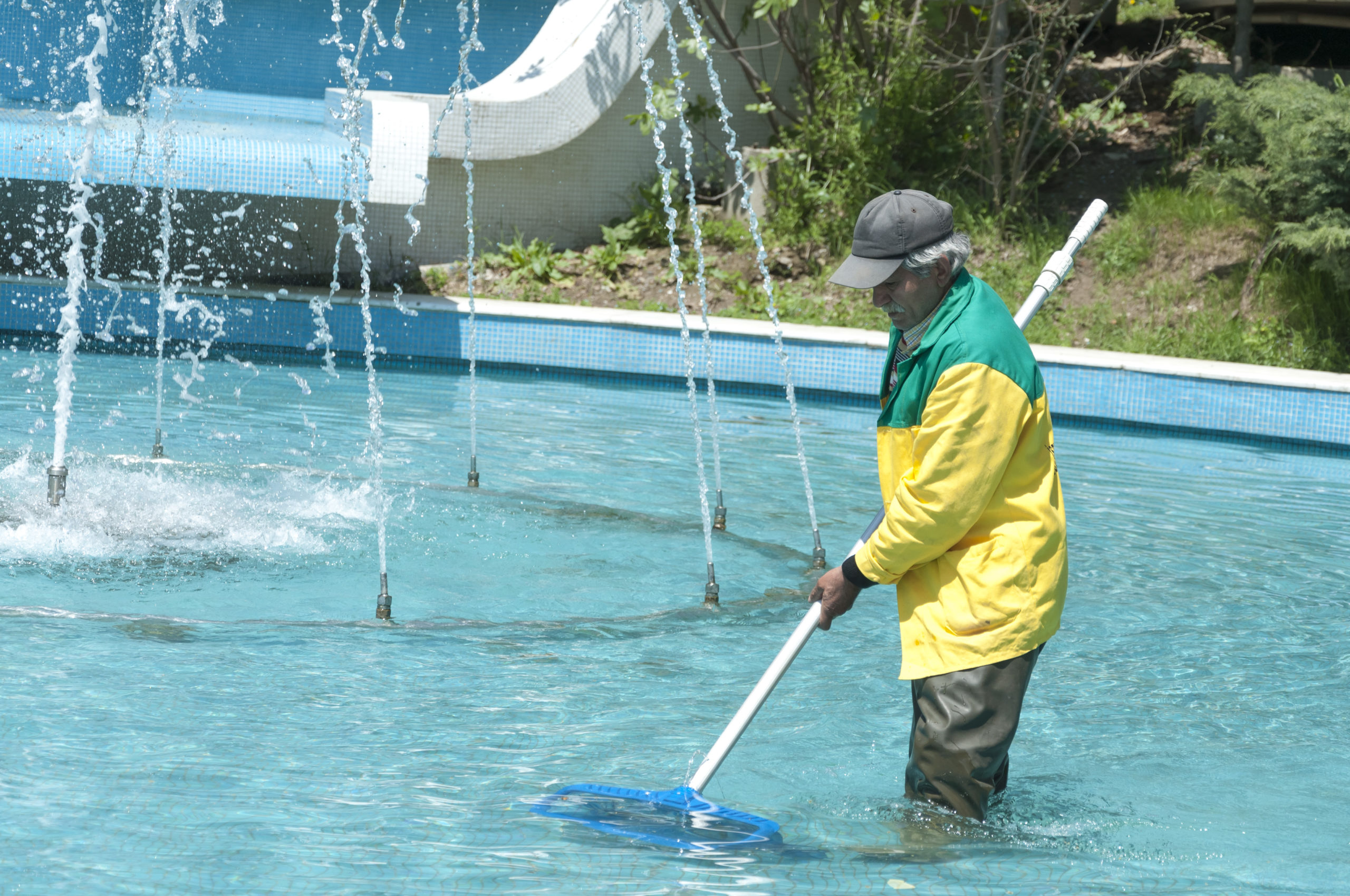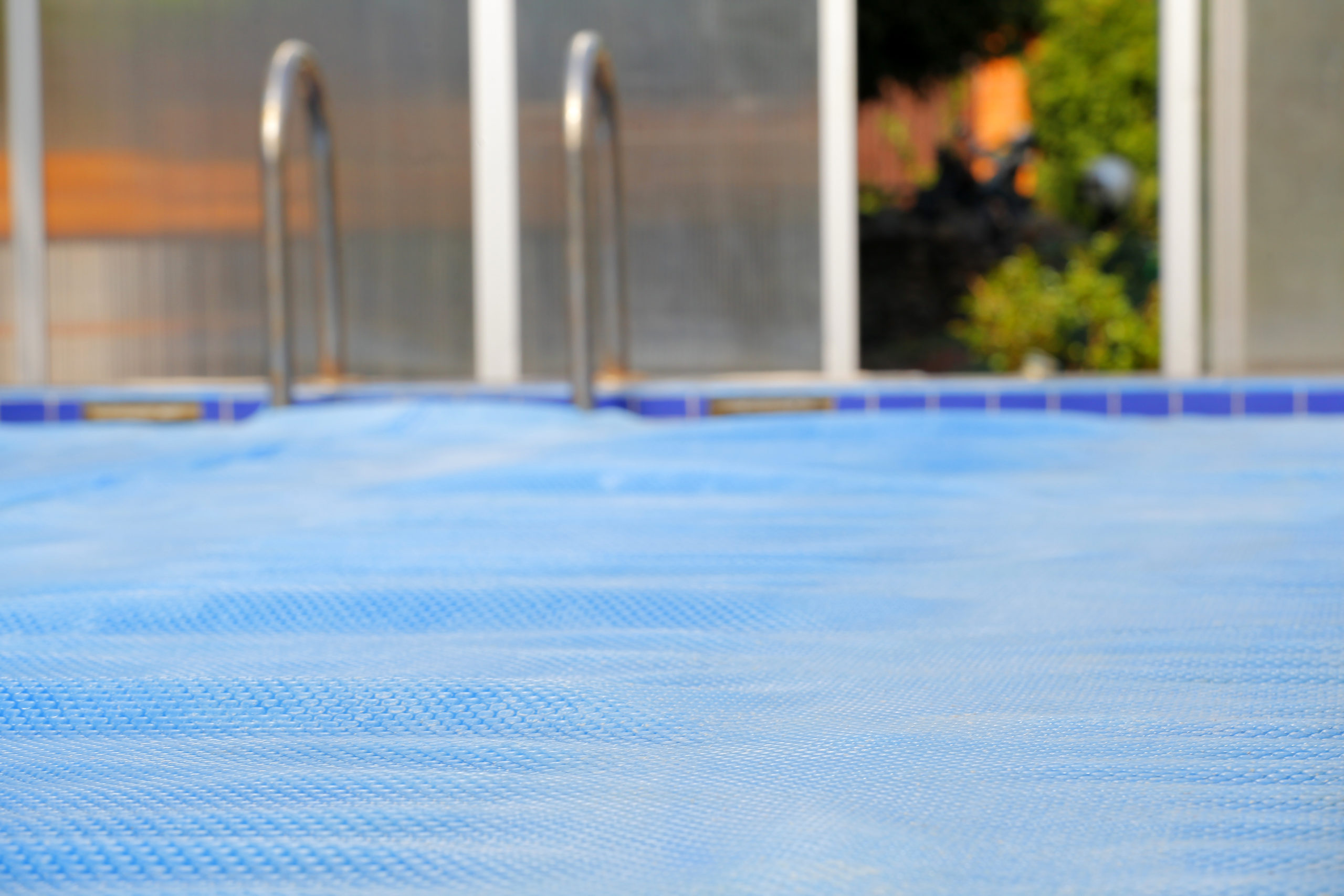You’ve invested in a pool, now it’s time to protect your asset during the off-season. Don’t let winter’s chill lead to costly repairs!
We’ll arm you with practical tips and tricks for regular maintenance, balancing chemicals, and tackling potential issues. You’ll become adept at safeguarding your pool year-round.
Dive into this guide and discover how easy it is to maintain your pool during the off-season. It’s simpler than you’d think!
Understanding Off-Season Pool Care

You’ve got to know, understanding off-season pool care isn’t as complex as you might think. It all comes down to two key areas: winterizing strategies and equipment storage.
When it comes to winterizing strategies, balance is your best friend. Ensuring your pool’s pH levels are balanced before closing it for the season prevents corrosion or scale buildup that can damage your equipment and surfaces. Don’t forget to lower the water level below the skimmer mouth and plug return lines-this protects against freezing temperatures that could cause cracks in pipes.
Equipment storage plays an equally vital role. You’ll want to properly clean, dry, and safely store your pool accessories such as ladders, slides, or diving boards. Also remember, filtration systems require special attention; remove any remaining water with a shop vac and store elements in a dry area.
Remember: Off-season care doesn’t mean out of mind! Regularly check on your pool during its downtime. Look for ice damage if you’re in a cold climate or ensure covers remain secure from wind gusts elsewhere.
Mastering this process will save you time, money, and potential headaches when next swimming season arrives!
Regular Cleaning and Maintenance Tips
It’s crucial to regularly clean and maintain the pool even when it’s not in use. Algae Prevention Strategies and Filter System Care are central to this process. Let’s walk you through a 4-step maintenance routine:
1. Proper Chemical Balance: Keep your pool’s pH level between 7.2-7.6 to prevent algae growth, ensuring that you’re on the right path towards effective Algae Prevention Strategies.
2. Brushing and Vacuuming: You’ve got to brush the walls, ladders, and corners of your pool at least once a week – don’t give algae a chance!
3. Filter System Care: Cleanse your filter system frequently; it’s essentially the kidney of your pool, filtering out debris and keeping water clear.
4. Cover Your Pool: A quality cover will reduce sunlight exposure (algae thrives in light), minimize evaporation, and keep debris out.
Remember- regular maintenance isn’t just about extending swimming season; it also prevents expensive repairs down the line! With some elbow grease and dedication, you’ll master these techniques in no time – ensuring that your off-season doesn’t turn into an ‘off’ season for your pool care regime!
Steps to Balance Pool Chemicals in Off-Season
Balancing chemicals in the off-season is a crucial step, and here’s how you’ll do it.
You need to start with testing your water chemistry. Invest in a high-quality test kit for accurate results. Pay close attention to pH, alkalinity, calcium hardness, and chlorine levels.
Seasonal water changes can significantly impact your pool’s balance; cold weather can decrease chlorine consumption while warm weather increases it. Therefore, adjust your chemical application accordingly to maintain appropriate levels throughout the off-season.
Next comes Chemical Storage Safety. It’s vital that you store pool chemicals properly to ensure their efficacy isn’t compromised by dampness or extreme temperatures. Always keep them in a cool, dry place out of direct sunlight and away from combustible materials. Remember not to stack different types of chemicals on top of each other as this may cause dangerous reactions.
Lastly, don’t let leaves or debris sit in the pool during winter; they add unwanted phosphates and nitrates which interfere with chemical balance. Regularly use a leaf net to scoop them out.
If you follow these steps meticulously, maintaining the right chemical equilibrium during the off-season won’t be as daunting as it seems!
Importance of Pool Cover Protection
Don’t underestimate the importance of pool cover protection. It plays a crucial role in safeguarding your swimming area from debris and harsh weather conditions. Let’s delve into the details you need to consider when choosing and maintaining a pool cover.
1. Cover Durability: Not all covers are created equal. You must choose one with high durability that can withstand heavy snowfall or strong winds without tearing apart.
2. Anchor Types: Various anchor types exist, such as water tubes, sandbags, or safety anchors. Your choice should depend on your specific needs and ease of installation.
3. Regular Inspection: Regularly inspect your pool cover for any damage or wear and tear. This ensures its longevity by allowing for timely repairs.
4. Proper Cleaning & Storage: When not in use, clean the cover properly and dry it out completely before storing to prevent mildew growth.

Dealing With Potential Off-Season Pool Problems
While you’re well-prepared with a sturdy pool cover, there’s still a plethora of potential off-season issues that could crop up. The most common problems include water chemistry imbalance, equipment damage due to freezing temperatures, and debris accumulation. It’s vital that you’re familiar with winterization techniques to effectively counter these challenges.
Firstly, ensure your pool water is chemically balanced before the onset of winter. This will prevent scaling and corrosion which could cause significant damage over time. Test your pool water regularly even in the off-season; it’s not something you can neglect.
Next, focus on equipment storage. To prevent freeze damage, thoroughly drain all pipes and pumps associated with your pool system. Don’t forget about heaters and filters! It may seem like extra work but think about the cost of replacing them if they crack from expanding ice!
Lastly, keep an eye out for debris buildup under your pool cover – leaves or twigs can lead to staining or algae growth come springtime. Regularly clear away any excess to maintain optimal condition.
Remember: prevention is better than cure when it comes to maintaining your pool during the off season!
Frequently Asked Questions
What Are Some Suggested Off-Season Activities to Keep My Pool Area Attractive and Engaging?”
Consider enhancing your pool landscaping with seasonal plants for visual appeal. Also, maintain outdoor furniture by cleaning and covering it to keep the area inviting even when you’re not swimming in the off-season.
How Does the Off-Season Pool Maintenance Differ in Different Climates?”
Climate adaptation impacts your off-season pool maintenance. In colder climates, you’ll need more seasonal equipment like pool covers and heaters. Warmer areas require consistent filtration and chemical balance checks to prevent algae growth.
Should I Consider Hiring Professional Services for Off-Season Pool Maintenance?”
Absolutely, you should consider it. Conduct a cost evaluation and service comparison to determine if it’s worth your time and effort. Professionals often have knowledge and tools that can save you headaches down the line.
What Precautions Should I Take if My Pool Is Located Near Trees or in a Windy Area During the Off-Season?”
You’ll need strategic leaf management near trees. Regularly skim and clean filters to prevent debris build-up. For wind protection, consider a sturdy pool cover to keep dirt and leaves out during the off-season.
Are There Any Specific Insurance Considerations for My Pool During the Off-Season?”
Yes, you’ll need to check your policy updates and coverage limitations. Off-season may lead to damages not covered under standard homeowners insurance. It’s crucial to ensure you’re adequately insured specifically for your pool.
